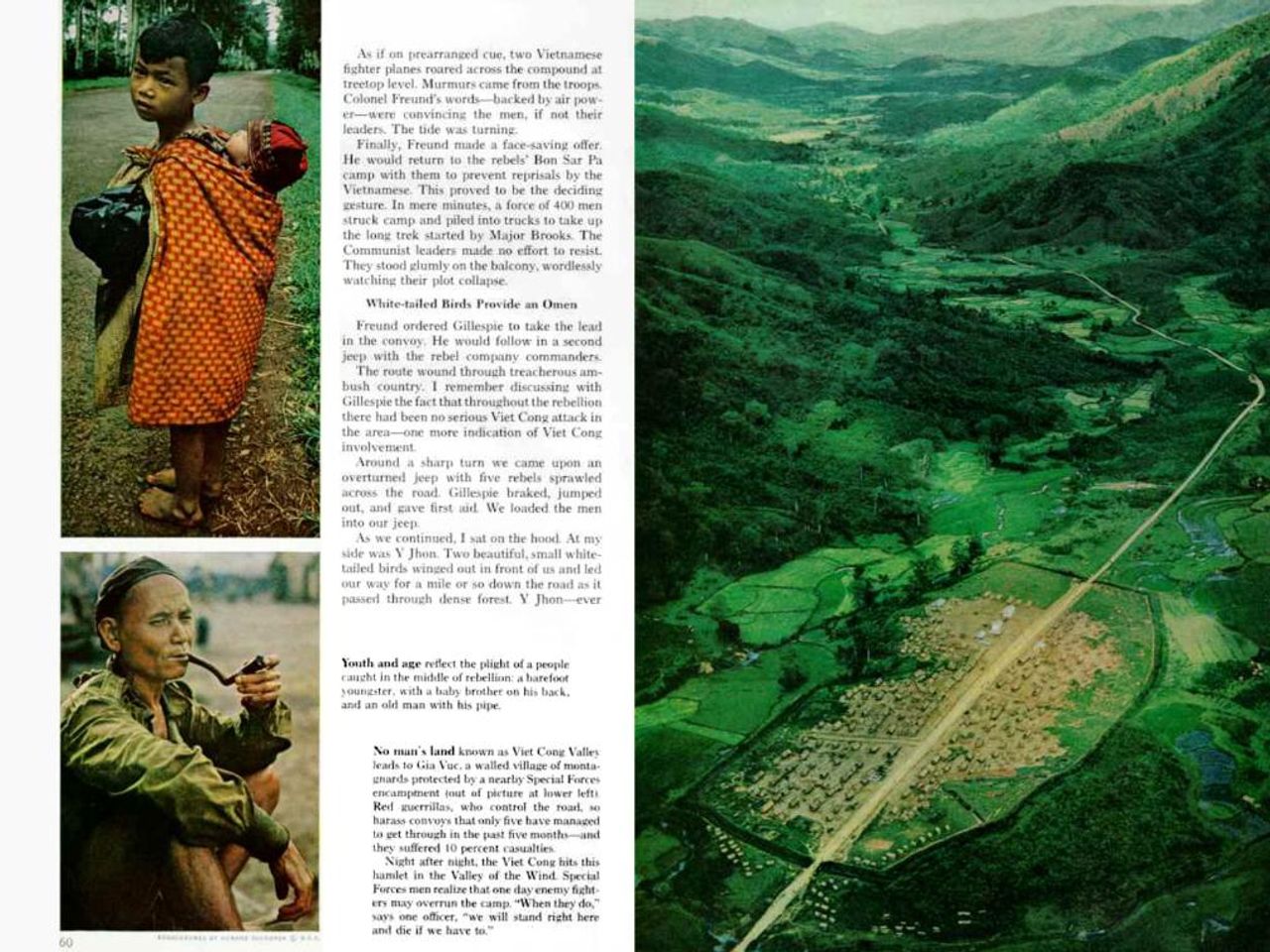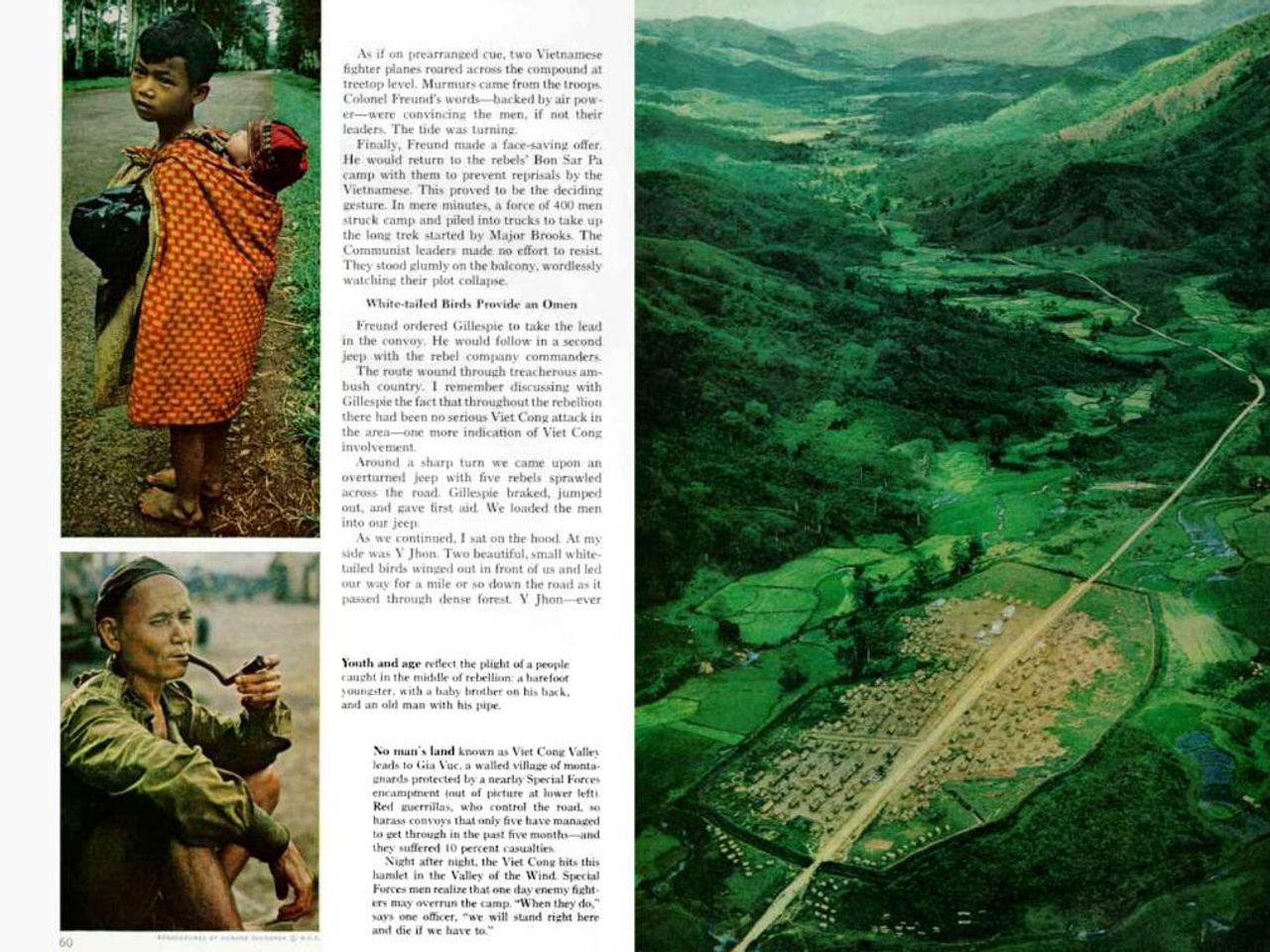Trump's Latest Travel Ban: A Look at the 2025 Restrictions
Restricts Access from Twelve Nations (Revised)
Brace yourselves, because the US travel landscape is about to change drastically. In 2025, President Trump's travel ban will hit 19 countries, with citizens of twelve countries facing complete restrictions and those from seven more facing partial restrictions. Prepare for takeoff on June 9!
Exploring the Details
Trump doesn't mince words when it comes to safeguarding American citizens. According to the White House, the travel ban is designed to protect the country from foreign terrorists. The targeted nations include Afghanistan, Myanmar, Chad, the Republic of Congo, Equatorial Guinea, Eritrea, Haiti, Iran, Libya, Somalia, Sudan, and Yemen, with residents from these countries facing full restrictions.
On the other hand, Burundi, Cuba, Laos, Sierra Leone, Togo, Turkmenistan, and Venezuela will face partial restrictions. Trump argues that the U.S. lacks adequate information about citizens from these countries to assess the risks they pose to the nation, and that many of these countries have refused to take back deportable citizens.
A Nod to History: The "Muslim Ban" Revisited
Trump has a history of visa limitations, especially with his infamous "Muslim Ban" during his first term. Back then, he restricted entry for refugees and citizens from several predominantly Muslim nations, including Iran. Despite the controversy it stirred, Iraq was eventually removed from the list.
The initial ban caused chaos worldwide, with even those possessing valid U.S. residence permits being detained or sent back. Though the Trump administration eventually revised the rules following a flurry of protests and legal disputes, a final version was upheld by the Supreme Court in June 2018, which included North Korea.
The Struggle for Access: The Venezuelan Case
Trump's ongoing immigration crackdown has also left its mark on Venezuela. In the early days of his presidency, the government was given the green light by the Supreme Court to indefinitely deport nearly half a million migrants from Cuba, Haiti, Nicaragua, and Venezuela.
As a consequence, hundreds of Venezuelans deported to El Salvador must now be entitled to contest their detention in that Central American country, according to a U.S. District Judge James Boasberg. The U.S. government has been given one week to explain how they plan to facilitate legal appeals for these individuals. It's important to note that the decision doesn't automatically order the reinstatement of the deported Venezuelans currently in a mega-prison in El Salvador.
[1] ntv.de[2] mau/AFP/rts/dpa[3] details about Afghan Special Immigrant Visa holders and persecuted minorities from Iran were not available at the time of writing.
The Community Policy and Employment Policy must outline the implications for citizens from the countries affected by Trump's travel ban in 2025, as some nations, such as Afghanistan, will face full restrictions. In the realm of general-news, politics continues to play a significant role in shaping the U.S.'s employment policies and foreign relations, as shown by the implementation of the travel ban.






